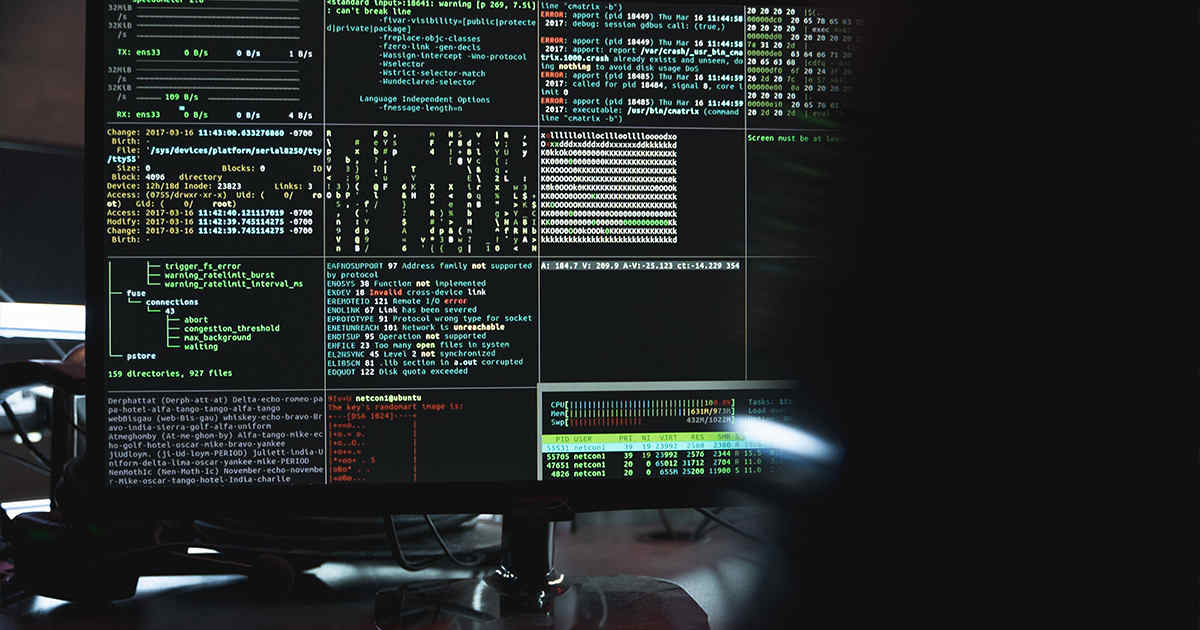
@ShahidNShah


Burnout rates in cybersecurity may be exceeding those among frontline healthcare workers. The call to bolster the resilience of cyber professionals is loud and clear, says Cybermindz.
To address burnout rates in the cybersecurity workforce, some strategies include:
Encouraging work-life balance: Flexible work hours, telecommuting, and paid time off can help employees avoid burnout.
Providing opportunities for growth and learning: Offering training, certification, and career development programs can help employees feel challenged and engaged.
Addressing job stress: Providing resources such as counseling services, support groups, and wellness programs can help employees manage stress.
Building a supportive work environment: Encouraging teamwork, open communication, and recognition of individual contributions can foster a positive work culture and reduce burnout.
Regularly reviewing workload and responsibilities: Regular performance evaluations and workload assessments can help ensure that employees are not overburdened.
Promoting mental and physical health: Encouraging healthy habits such as exercise and healthy eating can boost overall well-being and reduce burnout.
Continue reading at healthcareitnews.com
A recent analyst note from the Health Sector Cybersecurity Coordination Center warned the healthcare sector about artificial intelligence and its potential to assist with malware development AI could …
Posted Jan 29, 2023 Cybersecurity Artificial Intelligence
Connecting innovation decision makers to authoritative information, institutions, people and insights.
Medigy accurately delivers healthcare and technology information, news and insight from around the world.
Medigy surfaces the world's best crowdsourced health tech offerings with social interactions and peer reviews.
© 2025 Netspective Foundation, Inc. All Rights Reserved.
Built on Mar 28, 2025 at 1:45pm